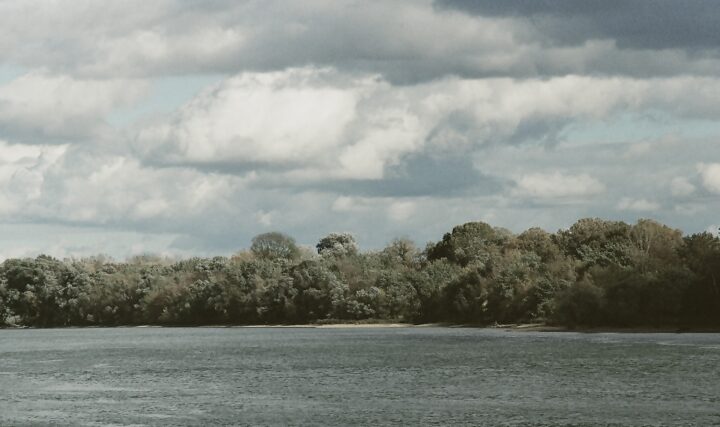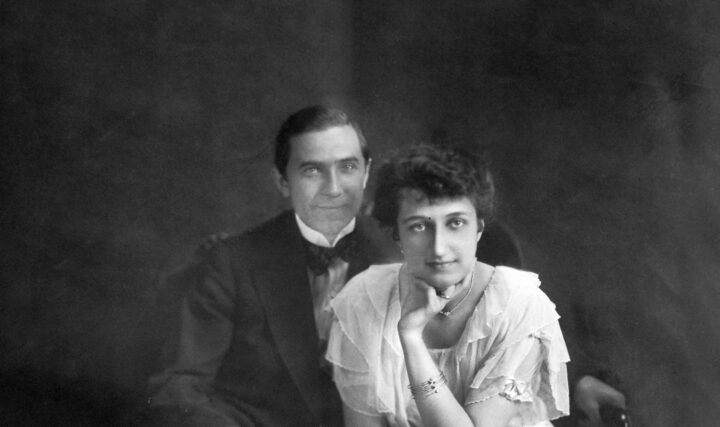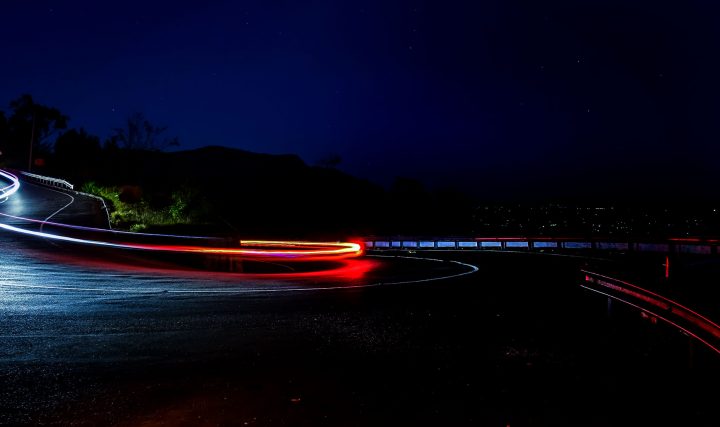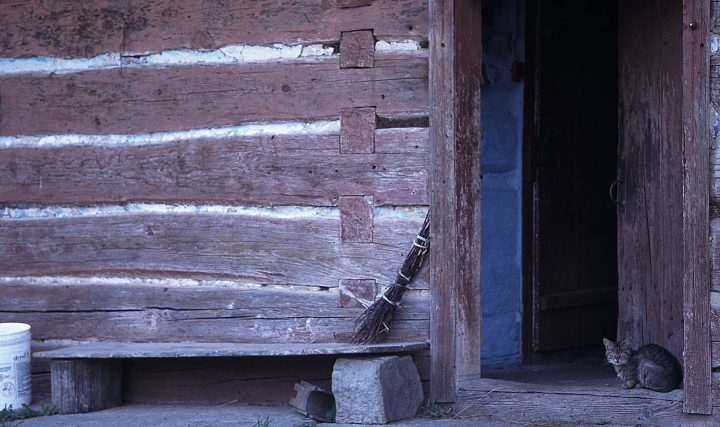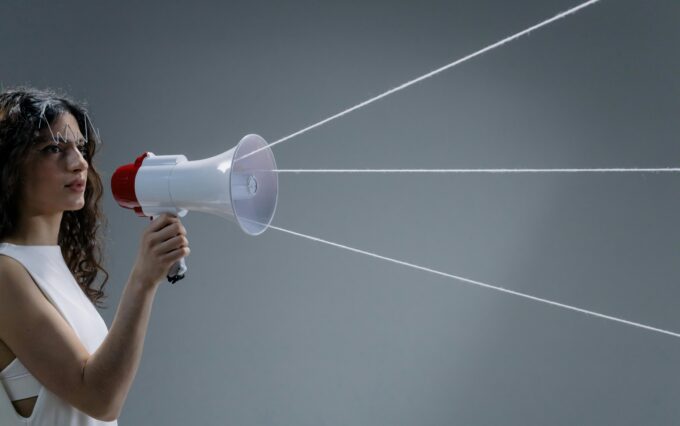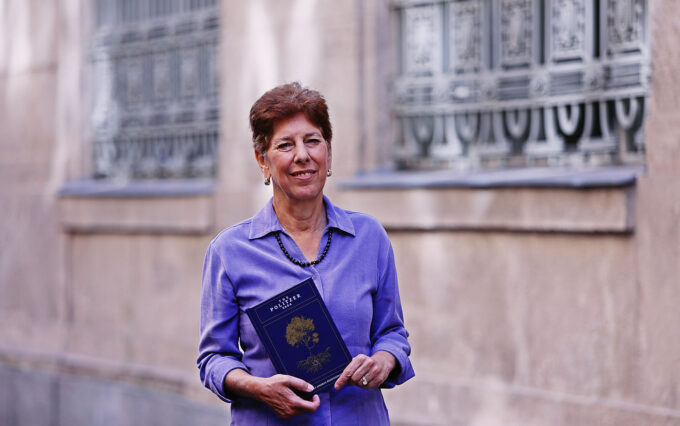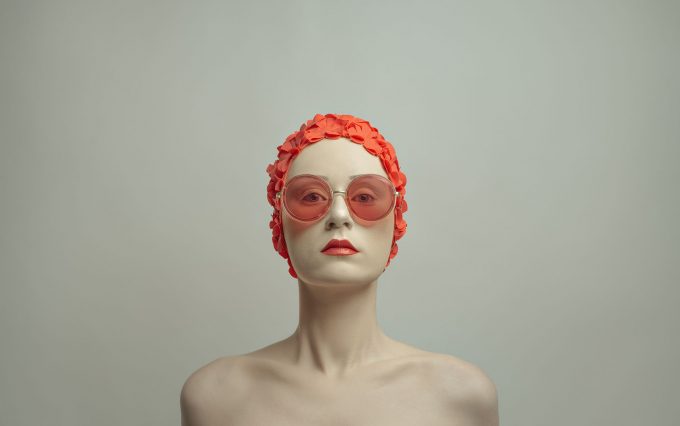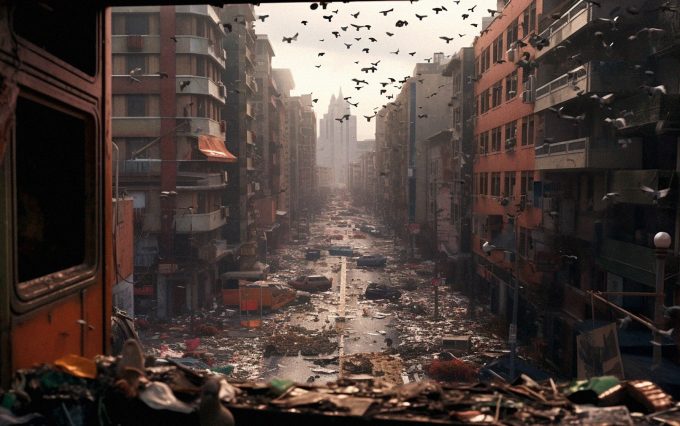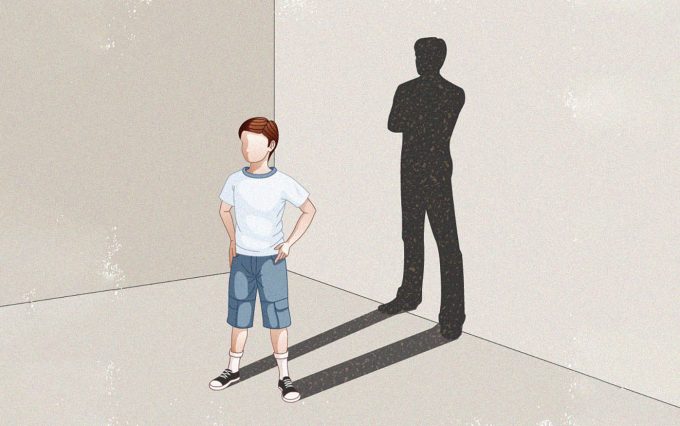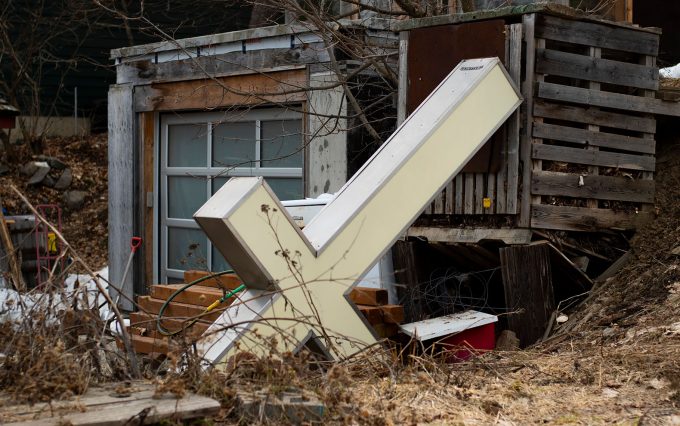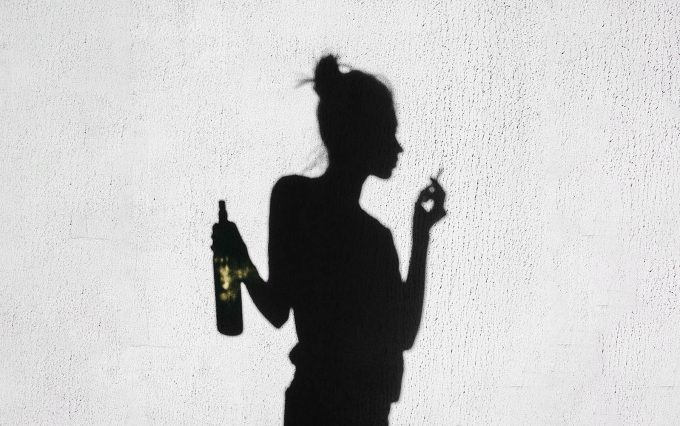A box found among the ashes of a house fire launches Linda Ambrus Broenniman on a quest to discover the truth behind her family’s biggest secret.
A conversation with the “Princess of Photoshop”, Flóra Borsi about photography, surrealism and unconventional artistic processes – and how art can be about personal survival.
Beast
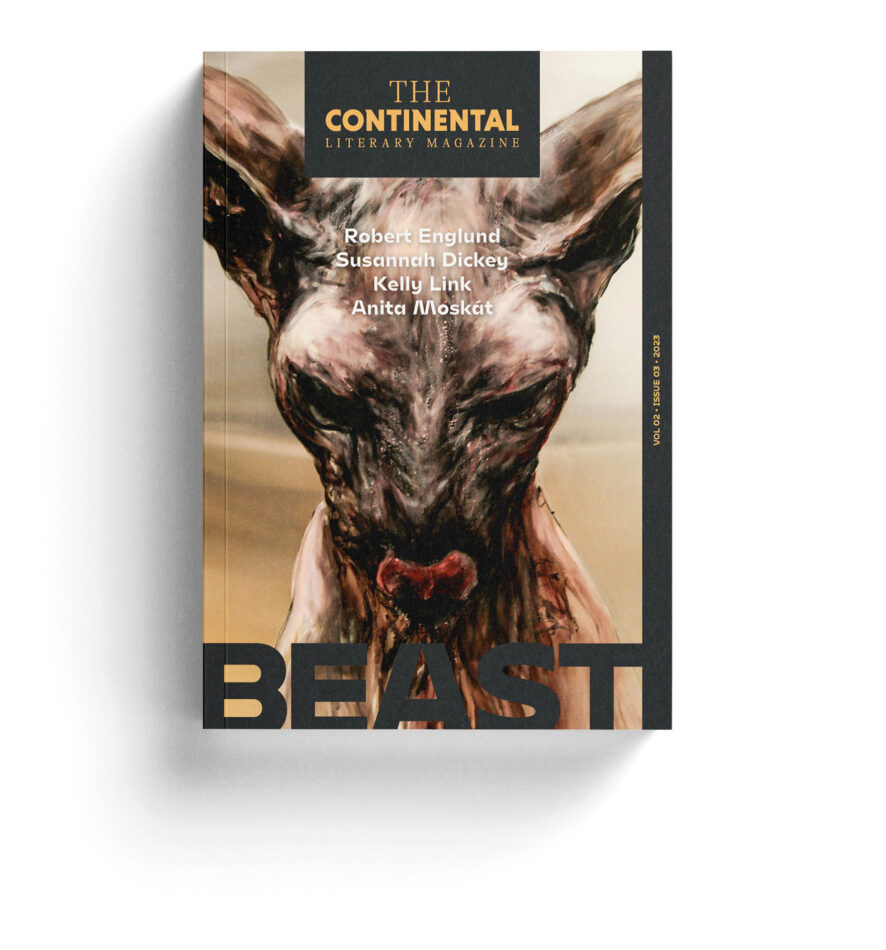
Humankind’s self-awareness comes at a price. We attempt to bolster convictions of our species’ greatness and uniqueness with shaky arguments: the only species to be aware of its own mortality, the only species to create culture, the only species – as in Orwell’s beast fable – to purely consume: "Man is the only creature that consumes without producing. He does not give milk, he does not lay eggs, he is too weak to pull the plough, he cannot run fast enough to catch rabbits. Yet he is lord of all the animals.” We needn’t deny that our birth right is at most to be king for a day, and the privilege brings loneliness, anxiety, and fear.
A man who fled his youth, and fled authoritarian Hungary reflects on the path, the women, and the romance that led him to maturity.
Weary and worn, Christiana Democracy considers her name, its history, and questions whether in this world a person can still believe.
Magda’s life is defined by alcohol, cigarettes, and relationships with older men as a paid companion, but can she still give her young life meaning?
